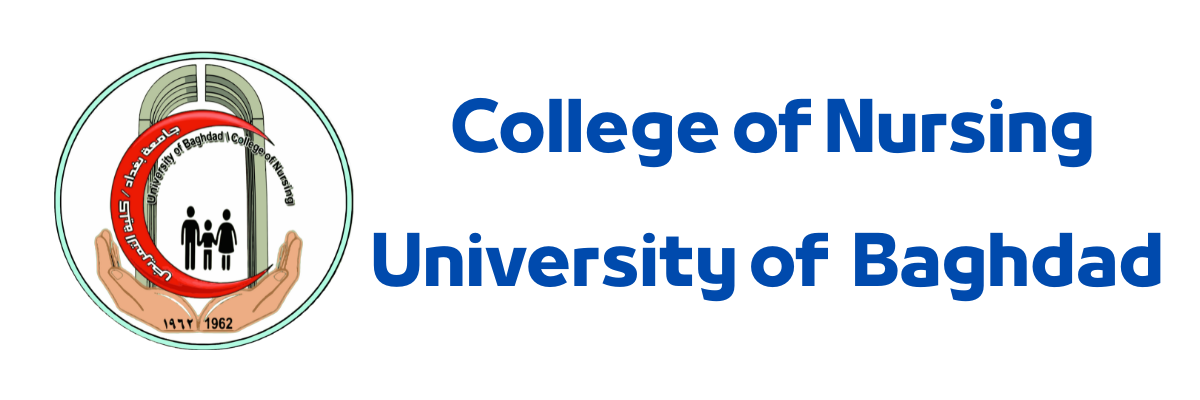Nursing serves as a cornerstone of modern healthcare, extending beyond mere clinical patient care to become an active and influential element in the health and well-being of the entire community. The relationship between nursing and society is both integrative and mutually impactful. Nursing reflects and responds to the evolving health needs of society, while the success and development of the nursing profession depend on societal support and appreciation. This article aims to explore this complex and multifaceted relationship, highlighting the crucial role of nursing in promoting public health and achieving sustainable development.
First: The role of nursing in promoting community health
Nursing plays multiple vital roles that directly and indirectly contribute to enhancing community health:
Key Contributions of Nursing to Community Health
-
Providing Comprehensive Healthcare: Nurses are the front line in delivering healthcare to individuals, families, and communities, whether in hospitals, primary healthcare centers, or even homes. This care encompasses preventive, curative, and rehabilitative aspects, with a focus on the individual and cultural needs of patients.
-
Health Education and Awareness Promotion: Nurses play a pivotal role in educating community members on various health issues, such as preventing infectious and non-communicable diseases, the importance of vaccination, and adopting healthy lifestyles. This role contributes to raising health literacy and empowering individuals to make informed decisions about their well-being.
-
Health Advocacy and Patient Empowerment: Nurses act as supporters and advocates for patients’ rights and health needs, both individually and collectively. They contribute to empowering patients and their families to actively participate in their healthcare decisions, ensuring they receive high-quality and equitable services.
-
Contribution to Health Research: Many nurses participate in conducting scientific research and studies aimed at developing nursing practices and improving the quality of healthcare. This research contributes to finding innovative solutions to health challenges facing the community.
-
Emergency and Crisis Response: Nurses are among the first responders in health emergencies and crises, providing essential care and first aid to those affected, and contributing to relief and recovery efforts.
Second: The impact of society on the nursing profession
Society significantly influences the nursing profession and its evolution:
Societal Impact on Nursing
-
Evolving Health Needs: Demographic, social, and economic shifts in society demand a flexible response from the nursing profession to meet emerging health needs, such as rising rates of chronic diseases and an aging population.
-
Societal Expectations: The image and standing of the nursing profession are shaped by prevailing societal expectations and cultural values. Public appreciation for the vital role nurses play is crucial in attracting and retaining talent within the profession.
-
Health Policies and Legislation: Government health policies and legislation directly impact nursing practice, including the regulation of education, licensing, and professional practice, as well as the provision of necessary resources for professional development.
-
Technological Advancement: Technological progress in healthcare requires nurses to acquire new skills and adapt to modern tools and techniques. This necessitates investments in continuous education and training.
Third: Challenges and opportunities
The nursing profession faces several challenges in its relationship with society, including a shortage of nursing staff, increasing workload pressures, and sometimes an inaccurate stereotypical image of the profession.
Opportunities for Enhancement
However, there are also significant opportunities to enhance nursing’s role in the community through:
- Investing in education and training.
- Improving working conditions.
- Fostering inter-sectoral collaboration.
- Highlighting the invaluable contributions nurses make to the health and well-being of society.
Fourth: Conclusion
The relationship between nursing and society is vital and dynamic, built on a foundation of integration and mutual impact. Strengthening this relationship by appreciating and supporting nurses, and providing a suitable environment for their professional practice, represents a genuine investment in the health and well-being of the community. Through joint efforts, both society and the nursing profession can achieve shared goals of promoting public health and realizing sustainable development for all.

